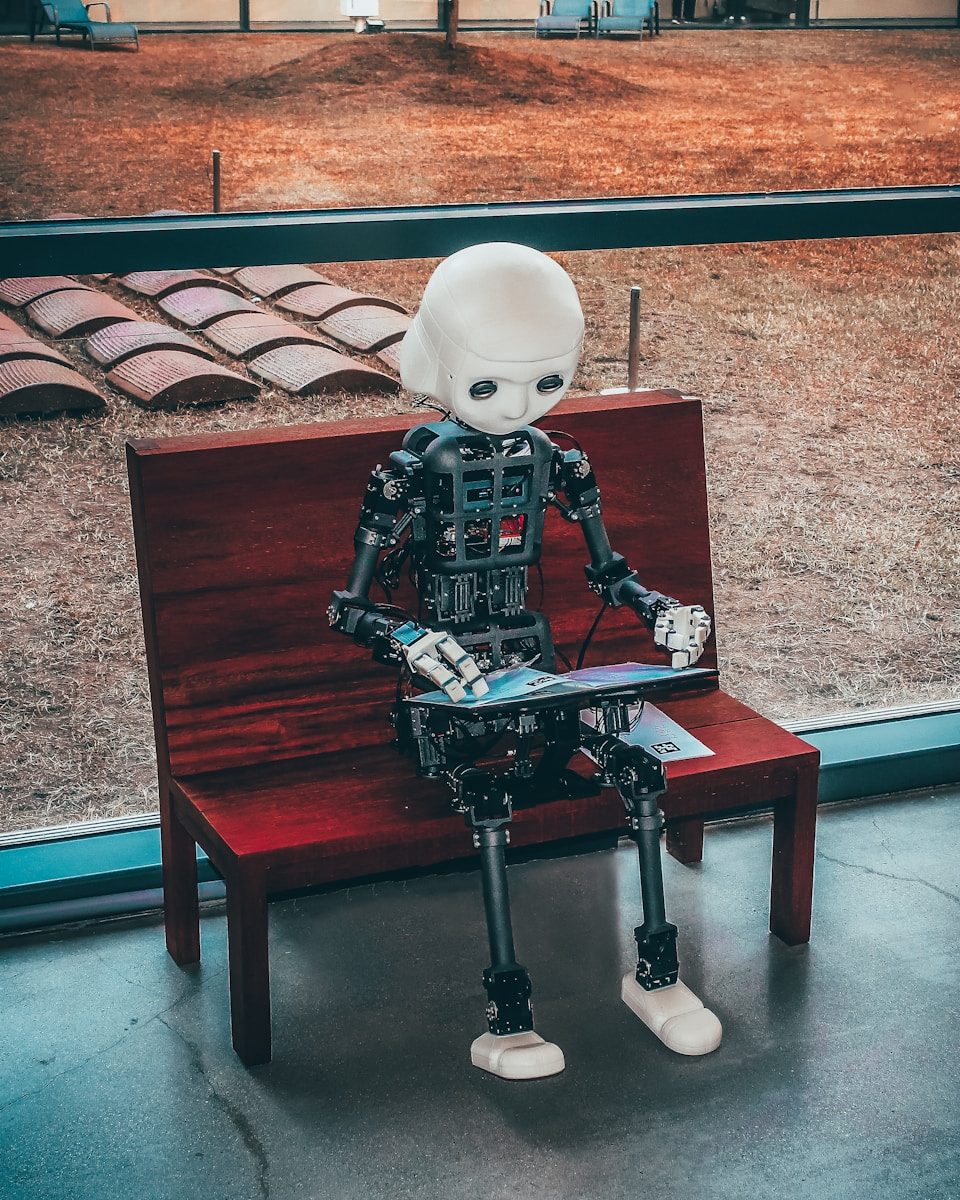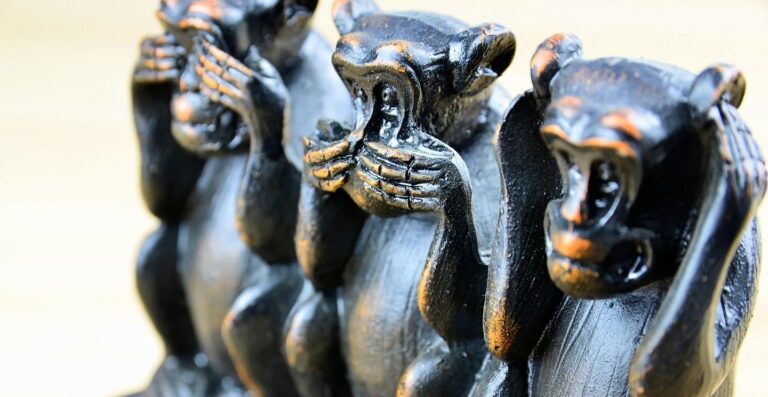Intuition, the elusive feeling often described as a “gut instinct” or a “hunch,” has long been a source of fascination and debate. While philosophers and spiritual traditions have discussed intuition for centuries, science has only recently begun to unravel the complex cognitive processes connected with it, along with its many benefits. This first part of our exploration dives into the scientific understanding of intuition, its different types and benefits, and how we can cultivate intuition according to science.
How Science Defines Intuition
“Intuition is the ability to know or understand something without conscious reasoning“, writes renowned psychologist Gerd Gigerenzer [1].
As to how it arises, most modern researchers consider the mechanism behind intuition a sophisticated interplay of experience, implicit cognition, and a subtle awareness of the environment. Neuroscientist Antonio Damasio is among those who hypothesize that the brain constantly sifts through data, drawing on past experiences, implicit biases, and even subtle environmental cues, to make the rapid, unconscious judgments we call intuition [2]. Interestingly, these judgments can sometimes be superior to our conscious deliberations, especially in situations fraught with uncertainty [3].
How to Recognize Intuition
While there is no uniform theoretical view, researchers generally agree that intuition has certain traits by which we can recognize it [4]. Intuition has been found to be:
- rapid: intuition happens in an instant
- spontaneous: we can’t control or provoke an intuition
- alogical: intuition is independent of logical rules
- tacit: we don’t know how we arrived at an intuitive knowing
- holistic: intuition concerns situations in their totality rather than in separate parts
- confident: intuition is accompanied by a sense of certainty
Different Types of Intuition
There’s growing consensus that intuition is not a singular experience, but rather a multifaceted phenomenon. Gerd Gigerenzer differentiates between two key types of intuition: hot intuition and cold intuition [1]. Hot intuition is the fast, automatic response we experience as a “gut feeling,” often triggered by emotional cues. Cold intuition, on the other hand, is a more deliberative process, where we unconsciously weigh different options based on past experiences and implicit knowledge.
Other researchers suggest that there are different types of intuition based on how we use it. Erik Dane and Michael Pratt describe the moral intuition we employ to make decisions about what is right or wrong in a situation, the problem-solving intuition we use when we face dilemmas or problems, and the creative intuition, which is not used to discern, but to synthesize and fuse together elements in new combinations [5].
The Benefits of Intuition
The fascination with intuition shown by modern science seems to be driven not only by its mysterious nature but also by its many potential benefits. Intuition is considered a crucial asset in social interactions, allowing us to quickly assess the trustworthiness of others and pick up on subtle nonverbal cues [6]. In the realm of decision-making, intuition can guide us towards the best choices, particularly in situations where time is short or information is scarce [7]. Researchers study intuition in relation to healthy eating, solving mathematical problems, understanding cultural contexts, taking executive decisions, and numerous other domains, agreeing that its role is remarkably beneficial.
Today, we may see intuition as a desirable capacity. But social scientists note that we have only recently begun to appreciate the importance of our gut instinct. Historically, intuition has been downplayed, with some scholars arguing that a ‘war on intuition’ has been waged for centuries, often used to justify various forms of paternal control [8]. This opposition has pitted female intuition against male reason, and more recently, human intuition against the supposed logical superiority of artificial intelligence. However, this framing overlooks the complementary nature of intuition and reason. These are better seen not as opposing forces, but rather partners that work together to guide our thoughts and actions.
The Problem With Intuition
Despite its advantages, intuition is not without its complications. One significant challenge is the potential influence of biases. Our unconscious processing can be heavily influenced by past experiences, cultural norms, and even stereotypes. This can lead to biased intuitions, where we favor certain options based on these unconscious associations rather than objective information. For example, if we have had negative experiences with a particular type of person, we might rely on biased intuition to avoid interacting with anyone who shares similar characteristics, even if they are completely different individuals.
Furthermore, intuition can be biased in situations with incomplete information or high emotional pressure. In such cases, our feelings may lead us astray, highlighting the importance of combining intuition with critical analysis and reasoning for optimal decision-making.
How Intuition Challenges Science-Based Professions
In many science-based contexts and professions, intuition is still a tabu topic, mainly due to its elusive nature that is hard to quantify. We cannot measure intuition, nor easily confirm its bias-free authenticity.
It is also difficult to include intuition in group decision processes, especially in areas that require accountability and moral or legal responsibility. Who would be comfortable defending their intuitive decisions if faced with conflicts?
Another challenging factor is the difficulty of integrating intuition with the rational, evidence-based protocols dominating science-based professions [9]. Robbing practitioners of the possibility to use intuition in their work processes can leave practitioners, in the words of Richard Winter et al., with a sense of having “their decision‐making mechanized, their expertise fragmented and their artistry abolished” [10].
Despite these challenges, the importance of intuition in all aspects of our life can’t be denied, and this recognition is beginning to transform science itself. An increasing number of scientists consider that even in their research, non-analytical forms of knowledge need to be included as valid forms of knowledge [11].
How to Cultivate Your Intuition: the Scientific Perspective
Beyond the different conceptual frames and challenges, the emerging scientific insight is that intuition is an important, beneficial, and even vital aspect of life. So how can we cultivate this valuable skill?
Here are some science-based strategies:
- Expand Your Knowledge Base: The richer your store of experiences and knowledge, the more robust your unconscious processing becomes, leading to more informed intuitive judgments.
- Practice Mindfulness: Meditation practices that focus on the present moment help quiet the mind’s chatter, making us more receptive to subtle intuitive cues. Studies have shown that mindfulness training can lead to improved decision-making, particularly when faced with quick judgments [12].
- Embrace Active Listening: Pay close attention not just to the words people say, but also to their nonverbal cues – tone of voice, body language, facial expressions. These subtle signals can provide valuable intuitive insights into their true intentions.
- Embrace Diverse Experiences: Exposing yourself to new cultures, people, and ideas enriches your internal database, allowing your intuition to draw from a broader range of experiences.
In conclusion, scientific research focuses mainly on the complex cognitive processes connected to intuition and its benefits in areas like decision-making and creativity. This valuable skill can be cultivated through various practices, such as expanding our knowledge base, practicing mindfulness, and embracing diverse experiences. By harnessing the power of intuition alongside reason, we can make more informed decisions and navigate the complexities of life.
In Part 2, we will explore the non-dual perspective on intuition, which offers a different context for understanding and cultivating this important capacity.
Sources:
[1] Gigerenzer, G. (2007). Gut feelings: The intelligence of the unconscious. Viking.
[2] Damasio, A. R. (1994). Descartes’ error: Emotion, reason, and the human brain. Viking. [3] Pleskac, T. J., & Huberman, B. A. (2018). Intuition and decision-making: A neural network perspective. Behavioral and Brain Sciences, 41(e71). [doi:10.1017/S0140525X17001922]
[3] Pleskac, T. J., & Huberman, B. A. (2018). Intuition and decision-making: A neural network perspective. Behavioral and Brain Sciences, 41(e71). [doi:10.1017/S0140525X17001922]
[4] Dörfler, V., & Ackermann, F. (2012). Understanding intuition: The case for two forms of intuition. Management Learning, 43(5), 545-564. https://doi.org/10.1177/1350507611434686
[5] Dane, E., Pratt, M.G. (2009). Conceptualizing and Measuring Intuition: A Review of Recent Trends. In Gerard P. Hodgkinson, J. Kevin Ford (Ed.), International Review of Industrial and Organizational Psychology (1st ed., pp. 1-40). John Wiley & Sons Ltd.
[6] Ekman, P., & Riessland, J. (1997). Facial expressions of emotion: An old controversy with new meaning. Psychological Research, 60(1), 2-12.
[7] Kahneman, D. (2011). Thinking, fast and slow. Farrar, Straus and Giroux.
[8] Gigerenzer, G. (2023). The intelligence of intuition. Cambridge University Press.
[9] Sicora, A., Taylor, B. J., Alfandari, R., Enosh, G., Helm, D., Killick, C., Whittaker, A. (2021). Using intuition in social work decision making. European Journal of Social Work, 24(5), 772–787. https://doi.org/10.1080/13691457.2021.1918066
[10] Winter, R., Buck, A. & Sobiechowska, P. (1999). Professional experience & the investigative imagination: The art of reflective writing. London: Routledge.
[11] Kump, B. (2022). No need to hide: Acknowledging the researcher’s intuition in empirical organizational research. Human Relations, 75(4), 635-654. https://doi.org/10.1177/0018726720984837
[12] Seppala, E. M., Carney, R. C., & Grant, A. M. (2012). The effects of mindfulness training on job satisfaction and stress in hospital employees. Journal of Healthcare Administration, 37(3), 242-248.
 Aurora Carlson is an Ayurvedic counselor, meditation teacher, social worker, linguist, and the Chopra Foundation regional advisor for Sweden. Visit her on: auroracarlson.com.
Aurora Carlson is an Ayurvedic counselor, meditation teacher, social worker, linguist, and the Chopra Foundation regional advisor for Sweden. Visit her on: auroracarlson.com.






